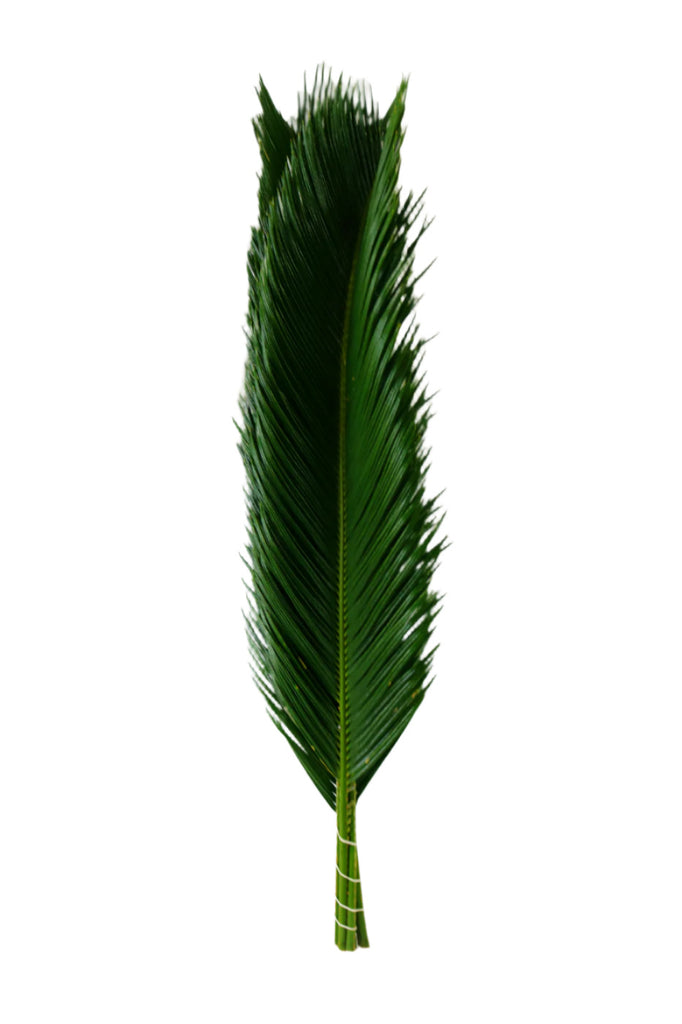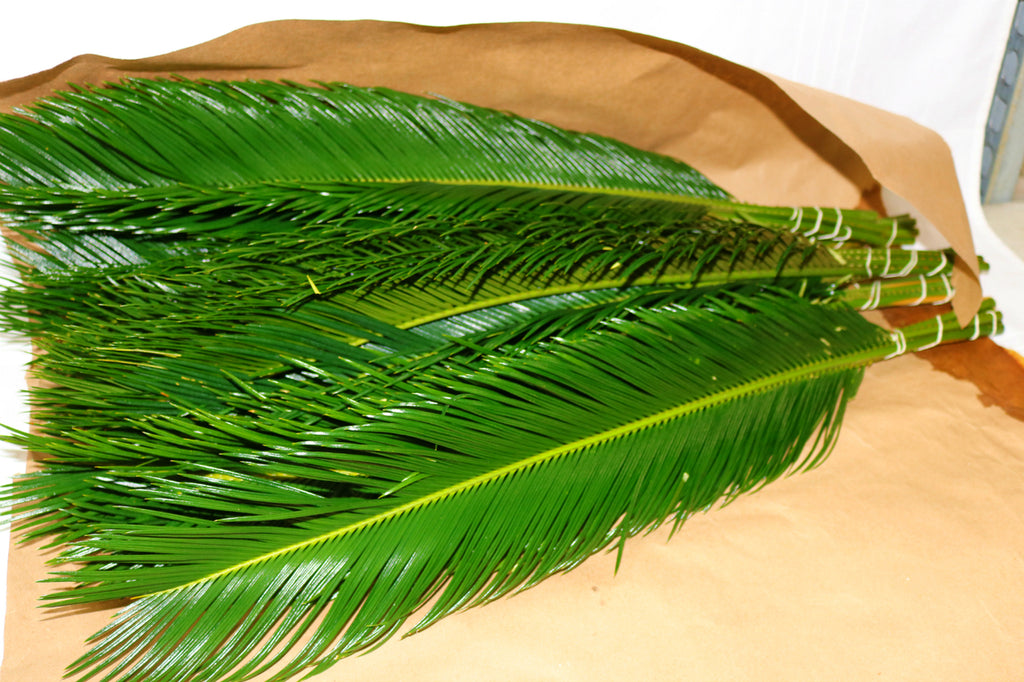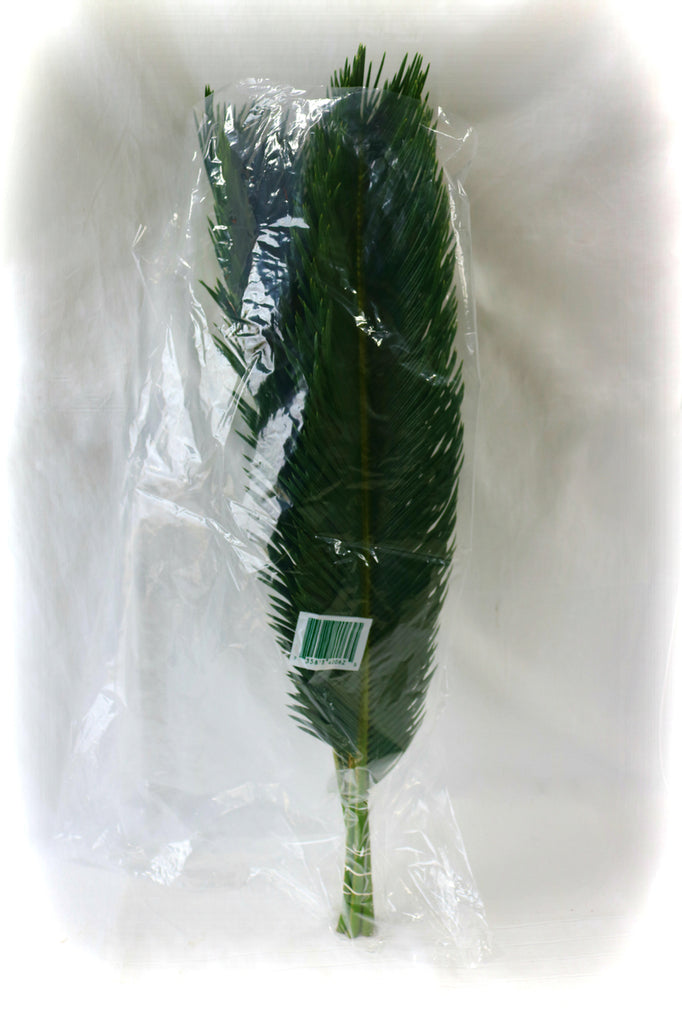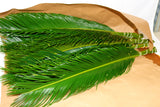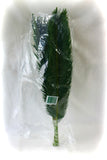Botanical Name: Cycas revoluta, Cycadaceae
Cycas revoluta, is a species of gymnosperm in the family Cycadaceae, native to southern Japan including the Ryukyu Islands.
It is one of several species used for the production of sago, as well as an ornamental plant.
- Member of the Cycadaceae or Palmae (palm family).
- It is native to Southern Japan and Ryukyu Islands.
- Date, coconut and Washington palms are common relatives.
- Leaves are 18-24 inches long with fronds 1/4 inch wide in a pinnate arrangement.
- Small 12" - 16"
- Medium 16" - 20"
- Large 24" - 36"
- Classed as a monocotyledon, leaves mostly parallel veined.
Storage:
55-60 F.
Common Uses:
- Commonly used as an indoor plant. From the Greek “chamai” (on the ground) and “dorea” (a gift) meaning that the fruit hang low to the ground and are therefore easy to get.
- Members of this family provide the world with many products including food (coconut and oil), ornamental, wax, fibers and beverages.
- While it can be grown in southern Florida, most of this crop is grown in Mexico and Guatemala for both economic and cultural reasons. Namely, even in southern Florida it can get too cold for this species.
- (1981) showed that vase-life was increased from about 7 to 28 days in water simply by re-cutting the stems.



